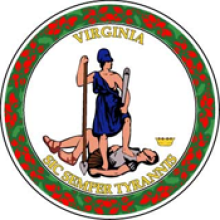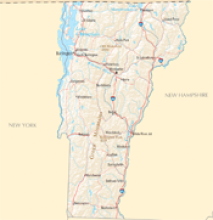As we recently noted in our coverage of the
Chelan Public Utility District in Washington state, state law restricts the authority of Public Utility Districts to offer retail services over the fiber-optic networks many have built. But at least one Representative is pushing to expand PUD authority.
Representative John McCoy has been working to improve rural broadband access and spurring more competition in Washington State. He brought a bill,
HB 1711 that would allow PUDs to begin offering retail services as well as offer telecommunications services outside their traditional boundaries.
The bill did not go far this year, likely due to the considerable influence of large carriers like Charter, Frontier, and others. But Representative McCoy plans to bring it up again next year and may have more support depending on the recommendations of a current study. The University of Washington Law School is studying options to expand broadband access in rural areas. The final report is due in December and will address the option of allowing PUDs to offer retail access.
I strongly encourage people who may be interested in such developments in Washington to
contact Rep McCoy or
email me to find out how you can get involved. Quite frankly, we need to develop better networks to ensure citizens are aware of efforts like this bill so elected officials can be contacted in a timely manner.
At the bottom of this post, we have embedded a six minute audio clip of Rep. John McCoy discussing HB 1711 and issues around access to the Internet more generally from a
Progressive States Network conference call earlier this month.
Digging into this bill, the
summary of the bill [pdf] offers some history:
Public utility districts (PUDs) are municipal corporations authorized to provide electricity, water, and sewer service.








